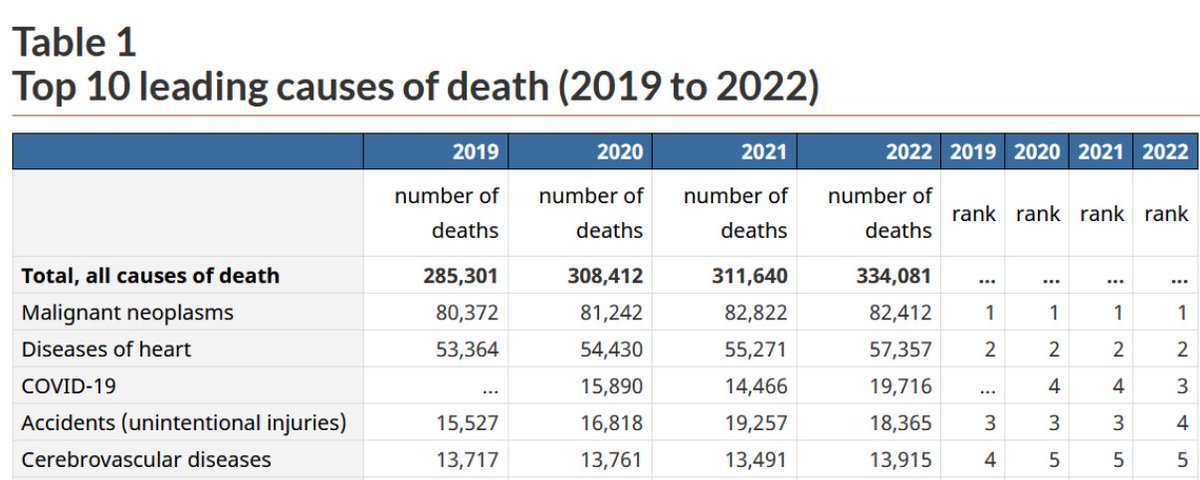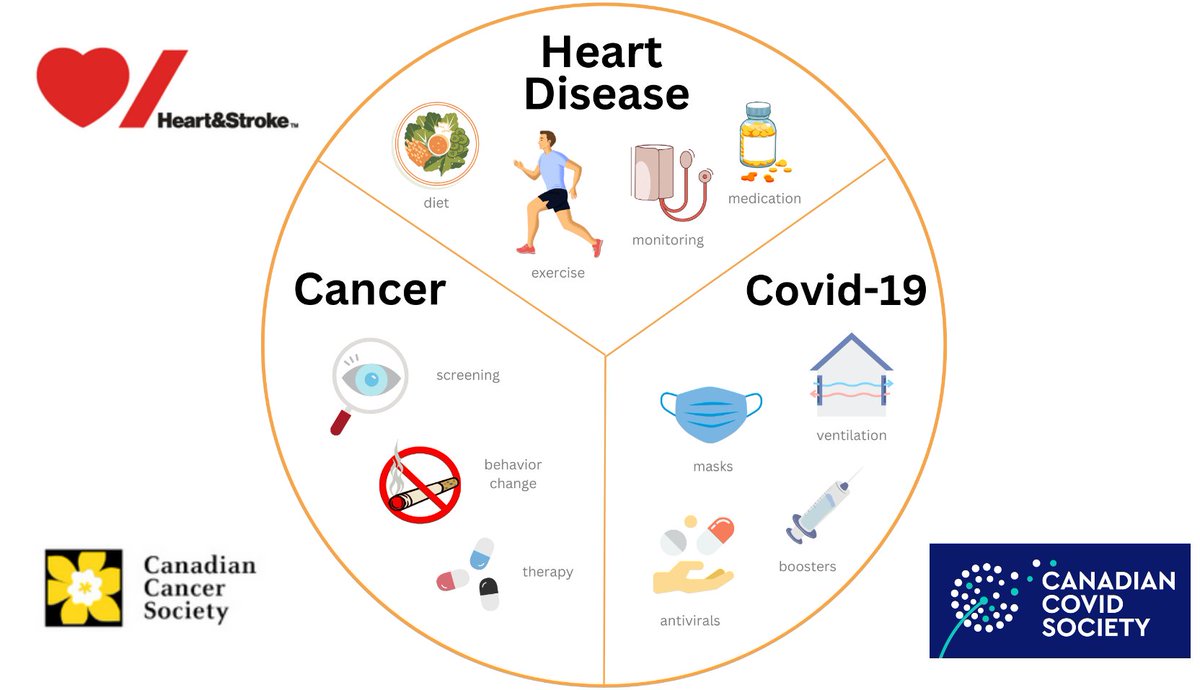I want to shed some light on why we are up in arms about our ICU numbers. The ICU is basically the backstop of a hospital, where the sickest patients go to get 'intensive' therapy to get stabilized and hopefully discharged home or to rehabilitation facilities. 

This is where incredible resources, expertise and equipment are used to do what would have been impossible even 20 years ago. Beds are scarce as a result. The CCU is a similar unit but meant for heart attack and other cardiac patients. Staff are full time 1:1 and highly trained 

This is the situation now in Ontario. Roughly half of ICU beds are occupied by Covid patients, surgeries are getting cancelled, and the wards are filling up. In Toronto, most of the ICUs are already full with Covid and other patients. 

This is us in a few weeks; ICU patients will be moved to the CCU, into the PACU to use monitoring equipment there, even the OR. New staff will have to be drafted in, but won't have the training to work effectively. The ER will fill up, and there'll be no space to see anyone. 

This is Brazil now, every possible space in the hospital is being used to keep Covid patients alive. Ambulances can't leave new patients, and anyone with any other problem, be it broken bones, appendix rupture, cancer, is out of luck. This is what we are fighting to avoid. 

We are all dreading the day when we have to start picking and choosing who gets ICU level care or not. Criteria are controversial, and currently based on determining who has the strongest chance of surviving to the next 12 months.
tvo.org/video/is-ontar…
tvo.org/video/is-ontar…
Here is a possible scenario in a couple of weeks: You have one ICU bed left. Which patient gets it?
Now you have some idea of why we, as frontline ER and critical care physicians, are dreading the next few weeks...
Now you have some idea of why we, as frontline ER and critical care physicians, are dreading the next few weeks...
• • •
Missing some Tweet in this thread? You can try to
force a refresh












